
Spanish National Cancer Research Centre CNIO
If you are the contact person for this centre and you wish to make any changes, please contact us.
Head of the Metabolism and Cell Signalling Group at the CNIO
Researcher at the Centro Nacional de Investigaciones Oncológicas, president of the Commission of Personalised Medicine of the Spanish Association of Human Genetics and vice-president of the Spanish Society of Pharmacogenetics and Pharmacogenomics
Head of the Bioinformatics Unit at the National Cancer Research Center (CNIO)
Head of the Clinical Research Unit in Cancer Immunotherapy at CNIO-HMarBCN
Group Leader. EMBO YIP. ERC investigator. Co-founder and Scientific Director of RENACER. Brain Metastasis Group. Molecular Oncology Programme, CNIO.
Head of the Cell Division and Cancer Group at the CNIO and visiting professor at the Dana Farber Cancer Institute at Harvard University (Boston)
CNIO Director
Head of the Cancer Immunity Group at the CNIO
Head of the Melanoma Group at the Spanish National Cancer Research Centre (CNIO)
Head of the Growth Factors, Nutrients and Cancer Group of the National Cancer Research Center (CNIO)
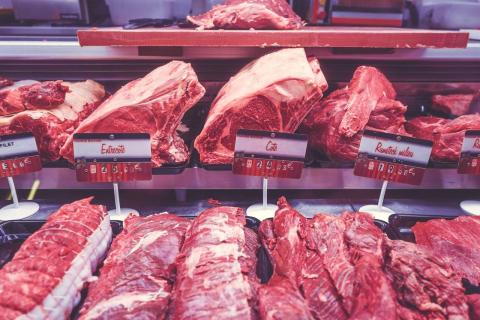
A fatty acid present in the meat and dairy products of grazing animals, such as cows and sheep – trans-vaccenic acid (TVA) – enhances the ability of CD8+ T cells to infiltrate tumors and eliminate cancer cells, according to a new study conducted by researchers from the University of Chicago (USA), published today in the journal Nature.

Klotho is a protein whose concentrations tend to decline with age and which has been linked to ageing processes. Now, researchers have found that administration of the protein improves cognitive function in aged rhesus macaques, including benefits in spatial and working memory. According to the authors, who publish the results in the journal Nature Aging, its use "may be therapeutic in humans".

Taurine is one of the most abundant amino acids in animals. As reported in research published in Science, its loss may contribute to the ageing process. According to the study, reversing age-associated taurine deficiency through supplementation improved life expectancy in worms and rodents, while improving some health parameters in non-human primates, which the authors believe would warrant further human trials to examine its effect on life expectancy and the potential risks involved.
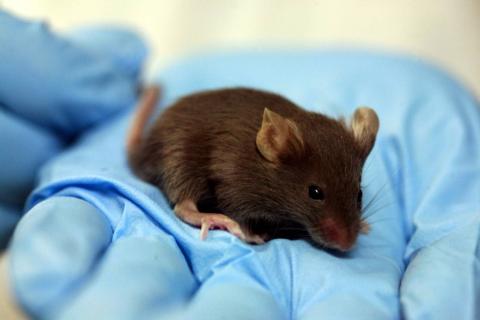
Researchers have shown that hypoxia, or oxygen restriction - equivalent to living at 5,000 metres above sea level - increases life expectancy by up to 50% and decreases neurological decline in laboratory mice. It has already been shown in yeast, worms and flies, but this is the first time it has been demonstrated in mammals. The results are published in the journal PLOS Biology.

A phase 2 clinical trial has analysed the safety and efficacy of adding immunotherapy to traditional chemotherapy to treat a subtype of acute lymphoblastic leukaemia in children under one year of age. This subtype of leukaemia, although rare in absolute terms, is the most common in children of this age, and its prognosis in this age group had not improved in recent years. The immunotherapy used, a bispecific antibody that binds to tumour cells on the one hand and T lymphocytes on the other, improved two-year survival from 66% to 93% in treated patients, according to The New England Journal of Medicine (NEJM).
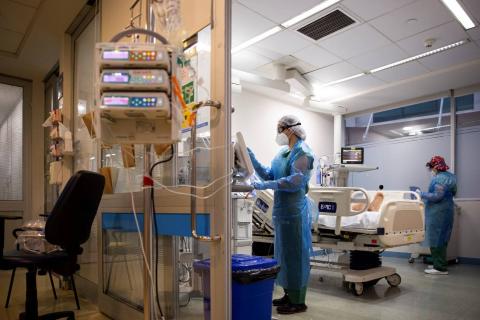
The former Minister of Health, Carolina Darias, announced a few days ago at a press conference the creation of new medical specialities. The first to "begin the process" will be emergency medicine, which had caused "controversy in different autonomous communities and scientific societies" and for whose implementation a consensus has been reached. It will be followed by other specialities such as Clinical Genetics and Infectious Diseases, as announced in the Senate in February.
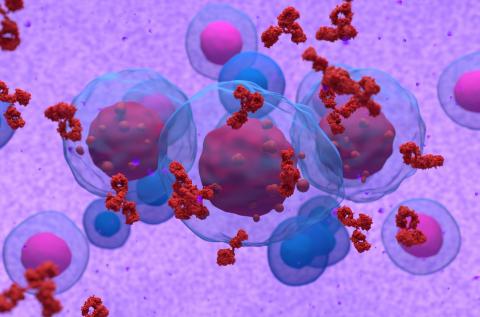
Approved therapies to treat various tumours using CAR-T cells are based on the modification of the patient's own lymphocytes in the laboratory, which delays their administration. A phase 1 clinical trial has used ready-made donor cells to treat patients with multiple myeloma. The results are published in the journal Nature Medicine.
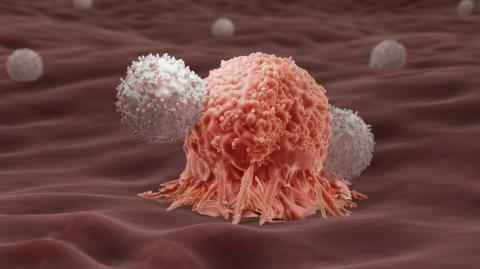
Two preclinical studies published in the journal Science have introduced new bioengineered modifications to CAR-T cells in an attempt to make them more potent and safer in their anti-tumour action. These variations allow their activity to be enhanced only in the vicinity of the tumour or their actions to be regulated on demand.

The US companies Moderna and Merck (MSD outside the US and Canada) have announced this week the results of their phase 2b trials of their skin cancer therapy. The results were shared in a press release stating that the risk of recurrence or death is reduced by 44%.
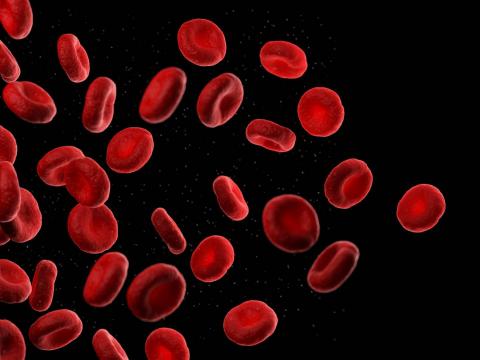
A ketogenic diet, high in fat and low in carbohydrates, could increase platelet production and alleviate the low platelet counts caused by chemotherapy treatments. This is the finding of a small study published in the journal Science Translational Medicine.